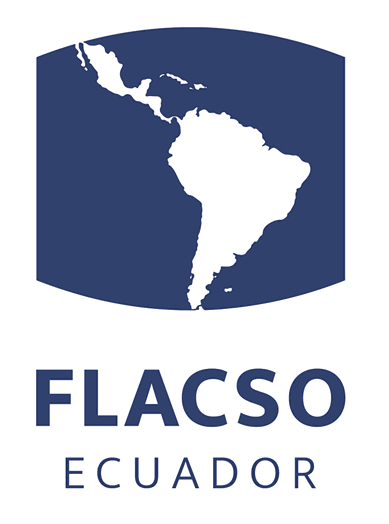Por favor, use este identificador para citar o enlazar este ítem:
http://hdl.handle.net/10469/13967Registro completo de metadatos
| Campo DC | Valor | Lengua/Idioma |
|---|---|---|
| dc.creator | Rubert Pascual, Daniel Sansó | - |
| dc.date | 2017-12 | - |
| dc.date.accessioned | 2018-09-24T16:48:23Z | - |
| dc.date.available | 2018-09-24T16:48:23Z | - |
| dc.identifier.citation | Rubert Pascual, Daniel Sansó. 2017. Inteligencia militar y criminalidad organizada. Retos a debatir en América Latina o Military intelligence and organized crime. Challenges to debate in Latin America. Urvio. Revista Latinoamericana de Estudios de Seguridad, 21: 22-38. | es_ES |
| dc.identifier.issn | 1390-4299 en línea | - |
| dc.identifier.issn | 1390-3691 | - |
| dc.identifier.uri | http://hdl.handle.net/10469/13967 | - |
| dc.description | El auge desmedido de la criminalidad organizada en América Latina, en términos de pluralidad de manifestaciones y de gravedad del impacto de las mismas, ha acarreado una singular erosión de la seguridad, la convivencia pacífica y el bienestar social, al tiempo que quiebra los principios consustanciales de la democracia, conculca derechos fundamentales y se produce el contagio criminal del sistema económico y financiero. Ante esta situación de extrema gravedad, muchos Gobiernos latinoamericanos han recurrido al empelo de sus Fuerzas Armadas para contrarrestar la amenaza criminal. Y estas, dentro de sus novedosas atribuciones, han apostado por el empleo estratégico de las capacidades de inteligencia en la lucha contra la criminalidad organizada. | es_ES |
| dc.description | The excessive growth of organized crime in Latin America, in terms of the plurality of manifestations and the seriousness of their impact, has led to a singular erosion of security, peaceful coexistence and social well-being, while at the same time breaching the consubstantial principles of democracy, violates fundamental rights and the criminal contagion of the economic and financial system. Faced with this situation of extreme gravity, many Latin American governments have resorted to the use of their Armed Forces to counteract the criminal threat. And these, within their novel attributions, have opted for the strategic use of intelligence capabilities in the fight against organized crime. | es_ES |
| dc.format | p. 22-38 | es_ES |
| dc.language | spa | es_ES |
| dc.publisher | Quito, Ecuador : Flacso Ecuador : Relasedor | es_ES |
| dc.rights | openAccess | es_ES |
| dc.rights | Atribución-NoComercial-SinDerivadas 3.0 Ecuador | * |
| dc.rights.uri | http://creativecommons.org/licenses/by-nc-nd/3.0/ec/ | * |
| dc.subject | AMÉRICA LATINA | es_ES |
| dc.subject | CRIMEN ORGANIZADO | es_ES |
| dc.subject | DELINCUENCIA ORGANIZADA | es_ES |
| dc.subject | DEMOCRACIA | es_ES |
| dc.subject | FUERZAS ARMADAS | es_ES |
| dc.subject | INTELIGENCIA CRIMINAL | es_ES |
| dc.subject | INTELIGENCIA MILITAR | es_ES |
| dc.title | Inteligencia militar y criminalidad organizada. Retos a debatir en América Latina | es_ES |
| dc.title.alternative | Military intelligence and organized crime. Challenges to debate in Latin America | es_ES |
| dc.type | article | es_ES |
| dc.tipo.spa | Artículo | es_ES |
| Aparece en las colecciones: | Revista Urvio No. 21, dic. 2017 | |
Archivos en este ítem:
| Archivo | Descripción | Tamaño | Formato | |
|---|---|---|---|---|
| RFLACSO-02-Rubert.pdf | Artículo - revista | 4 MB | Adobe PDF |  Visualizar/Abrir |
Este ítem está sujeto a una licencia Attribution NonComercial ShareAlike (CC BY-NC-SA 4.0)
Licencia Creative Commons



